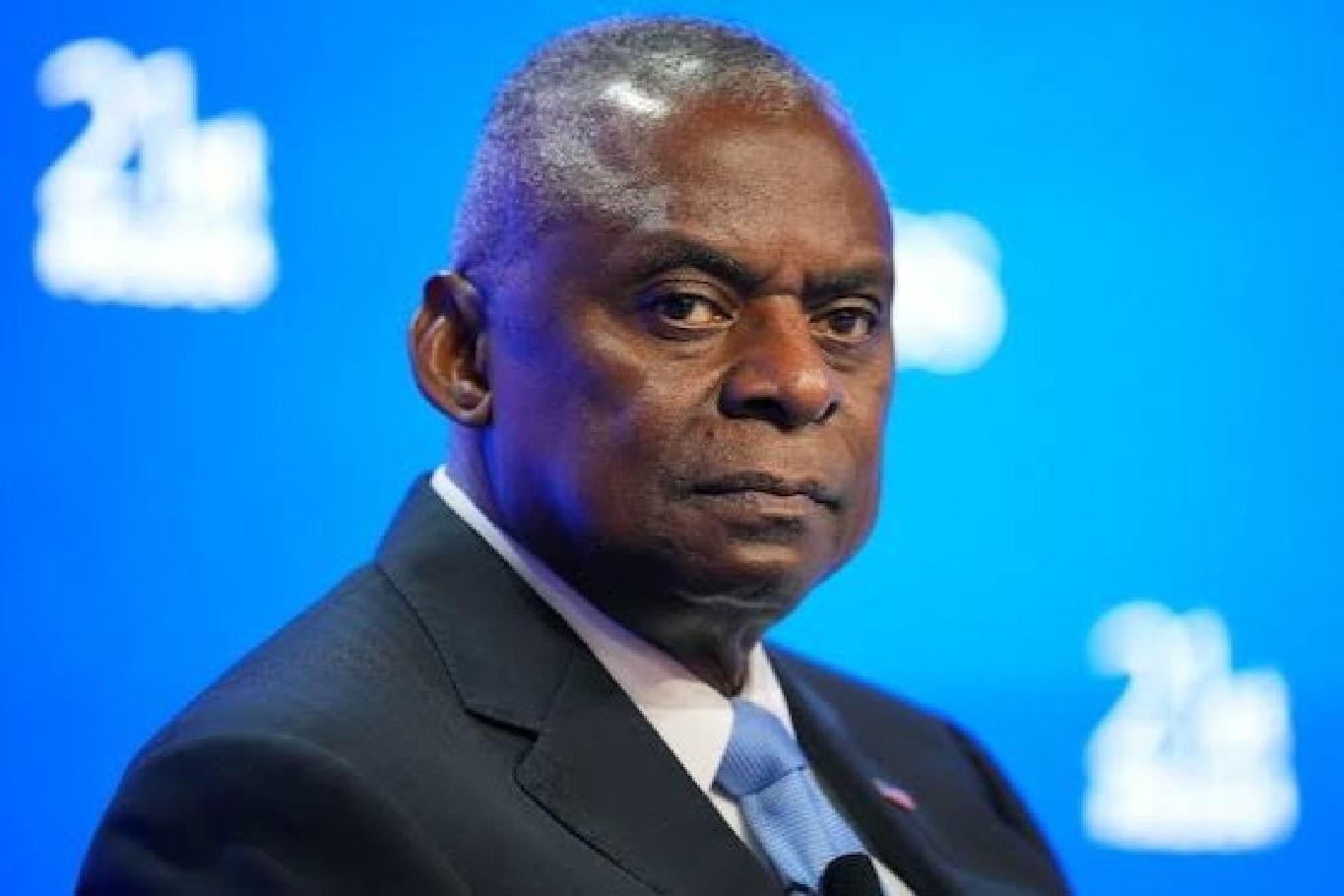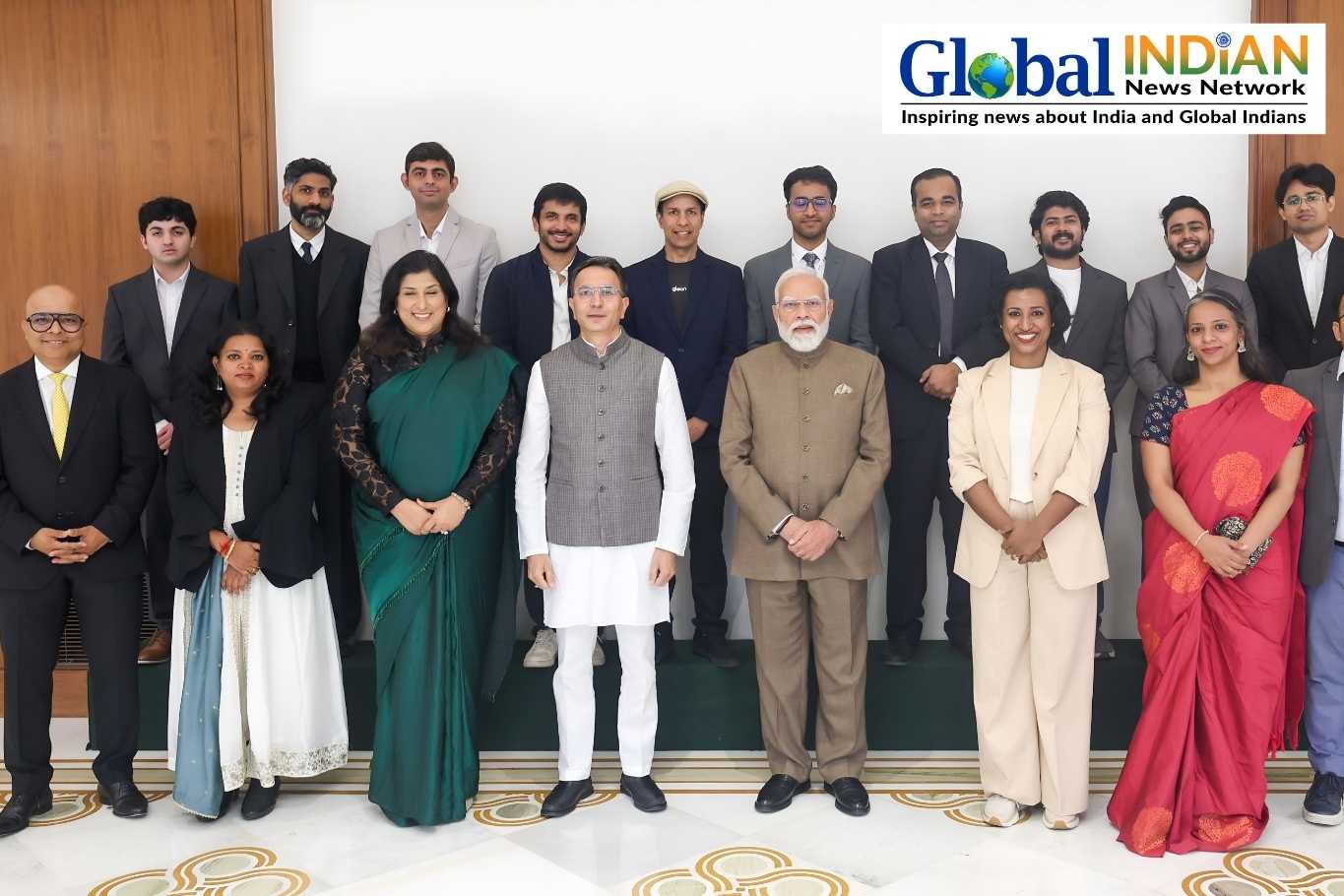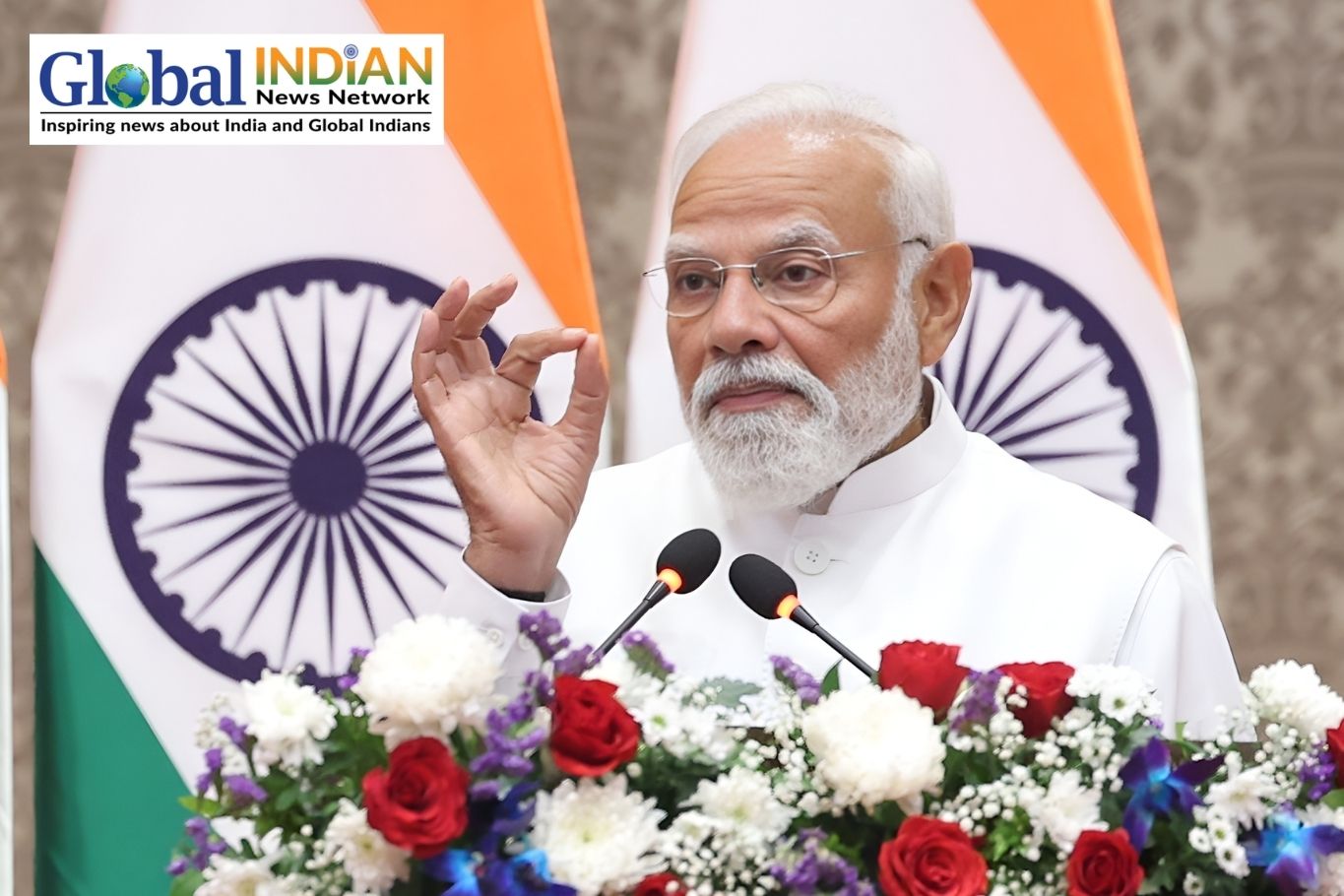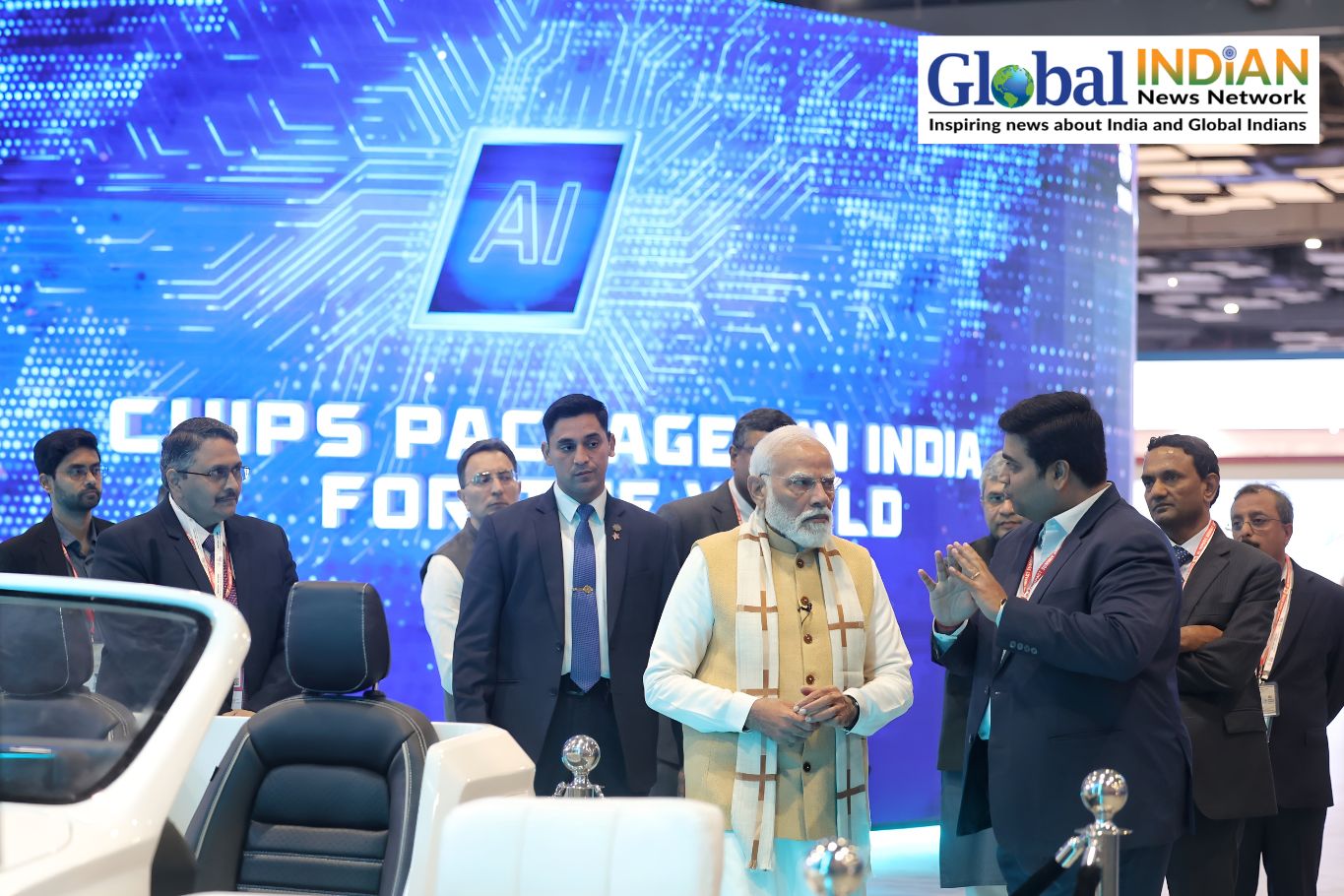
At the Shangri-La Dialogue in Singapore on Saturday, U.S. Secretary of Defense Lloyd Austin praised the current state of U.S.-India relations, describing them as stronger than ever before. He highlighted the collaborative efforts between the two nations, particularly in the co-production of armored vehicles.
During his address at Asia’s premier security summit, Austin elaborated on the longstanding initiative to enable India to build jet engines for fighter aircraft domestically. He noted the significant strides made in co-producing both fighter jet engines and armored vehicles with India.
Austin emphasized the positive momentum in the U.S.-India bilateral relationship, citing it as an example of robust international cooperation. Reflecting on the challenges overcome, he recounted his involvement with a jet engine manufacturing company and how achieving approval for India to build these engines seemed initially daunting but was ultimately successful. He also mentioned the ongoing collaboration in producing armored vehicles with India.
He pointed out the strategic use of new technology and training aimed at bolstering security in Southeast Asia. Austin expressed confidence that the current trajectory of U.S.-India ties, grounded in shared values and a common vision, will continue to gain strength. He believes that the foundational values anchoring this progress will accelerate and yield mutual benefits, suggesting that this momentum will be enduring.
The Shangri-La Dialogue, a prominent inter-governmental security conference organized annually by the International Institute for Strategic Studies (IISS) in Singapore, served as the backdrop for these statements.
In April, Austin described the U.S.-India collaboration on jet engine production as revolutionary. He reiterated that co-producing armored vehicles will significantly enhance both nations’ capabilities.
The landmark agreement to manufacture fighter jet engines was announced during Prime Minister Narendra Modi’s state visit to the U.S. in June of the previous year. General Electric and Hindustan Aeronautics Limited (HAL) signed a memorandum of understanding to produce these engines for the Indian Air Force.
Earlier in 2023, General Electric (GE) confirmed an agreement with HAL to jointly manufacture engines for Indian fighter jets. Additionally, in February, the Biden Administration notified the U.S. Congress of its intent to sell nearly $4 billion worth of arms to India, including MQ-9B drones equipped with Hellfire missiles.
The Defense Security Cooperation Agency, part of the U.S. Department of Defense, stated that this arms sale would strengthen the strategic relationship between the U.S. and India. It underscored India’s role as a crucial stabilizing force for political, economic, and peace efforts in the Indo-Pacific and South Asia regions.









